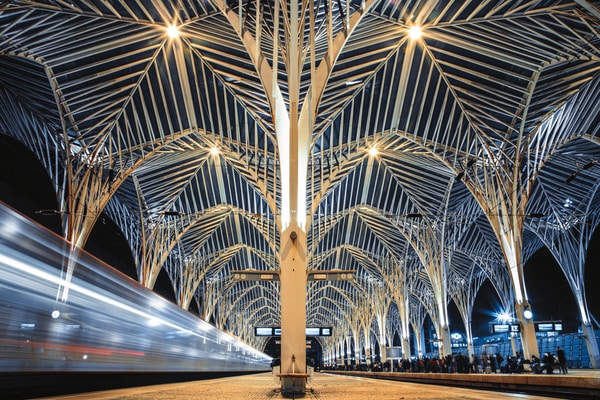Industrial Control Systems (ICS) are the foundation that support numerous industries around the world. They form the backbone of industrialized society, including energy and power grids, food and beverage plants, oil and gas refineries, recycling plants, transportation systems, water treatment plants, manufacturing facilities and many more.
Critical infrastructures are so much a part of daily life that we rely on them every single day without giving them a second thought. Until they are suddenly interrupted.
The many types of ICS systems include a complex network of instrumentation and technology used in industrial production plants. The most common type of ICS is a SCADA – supervisory control and data acquisition – system, followed by DCS – distributed control system. Other smaller control systems exist as well.
SCADA systems manage operations equipment, devices, networks, and controls that operate and automate the industrial processes. Commands from the SCADA or DCS systems are distributed through remote stations to field devices. Each ICS environment functions somewhat differently depending on its industry. All are built to carry out complex tasks efficiently in their individual fields.
Types of Critical Infrastructure
Critical infrastructures can be categorized in the following sectors:
-
Chemical
-
Commercial Facilities
-
Communications
-
Critical Manufacturing
-
Dams
-
Defense Industrial Base
-
Emergency Services
-
Energy
-
Financial Services
-
Food and Agriculture
-
Government Facilities
-
Healthcare and Public Health
-
Information Technology
-
Nuclear Reactors, Material, and Waste
-
Transportation Systems
-
Water and Wastewater Systems
A single compromise to these systems can result in devastating physical, financial and envir
[…]
Content was cut in order to protect the source.Please visit the source for the rest of the article.
Read the original article: Protecting Industrial Control Systems Against Cyberattacks – Part 2
